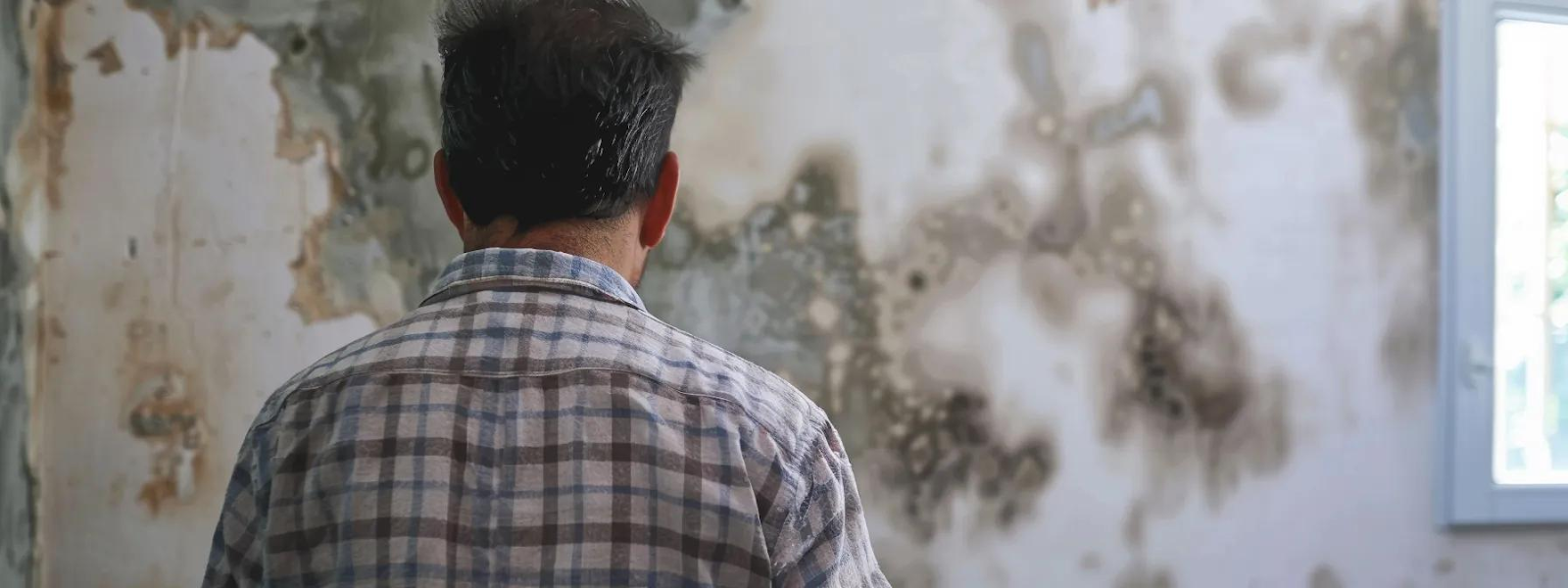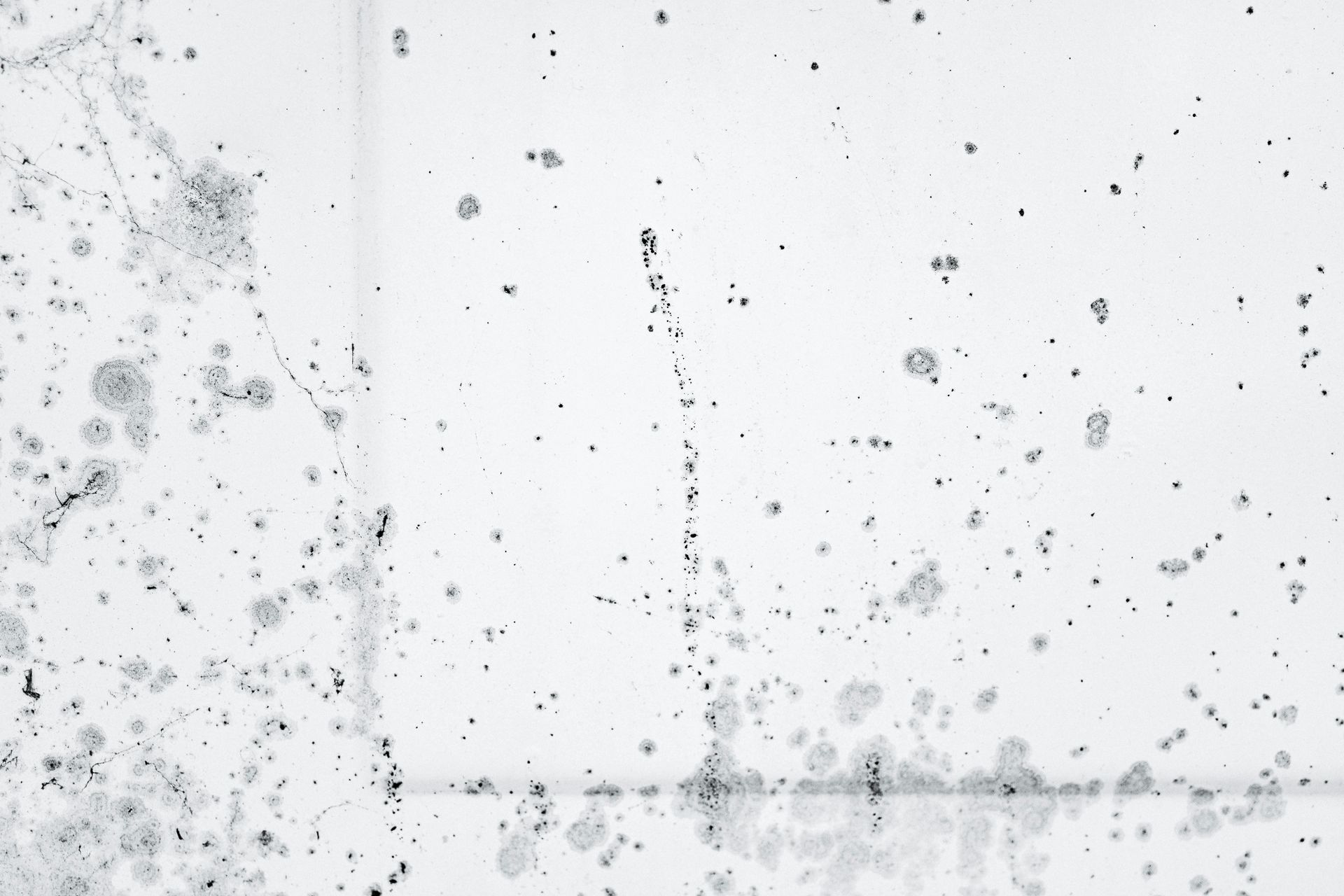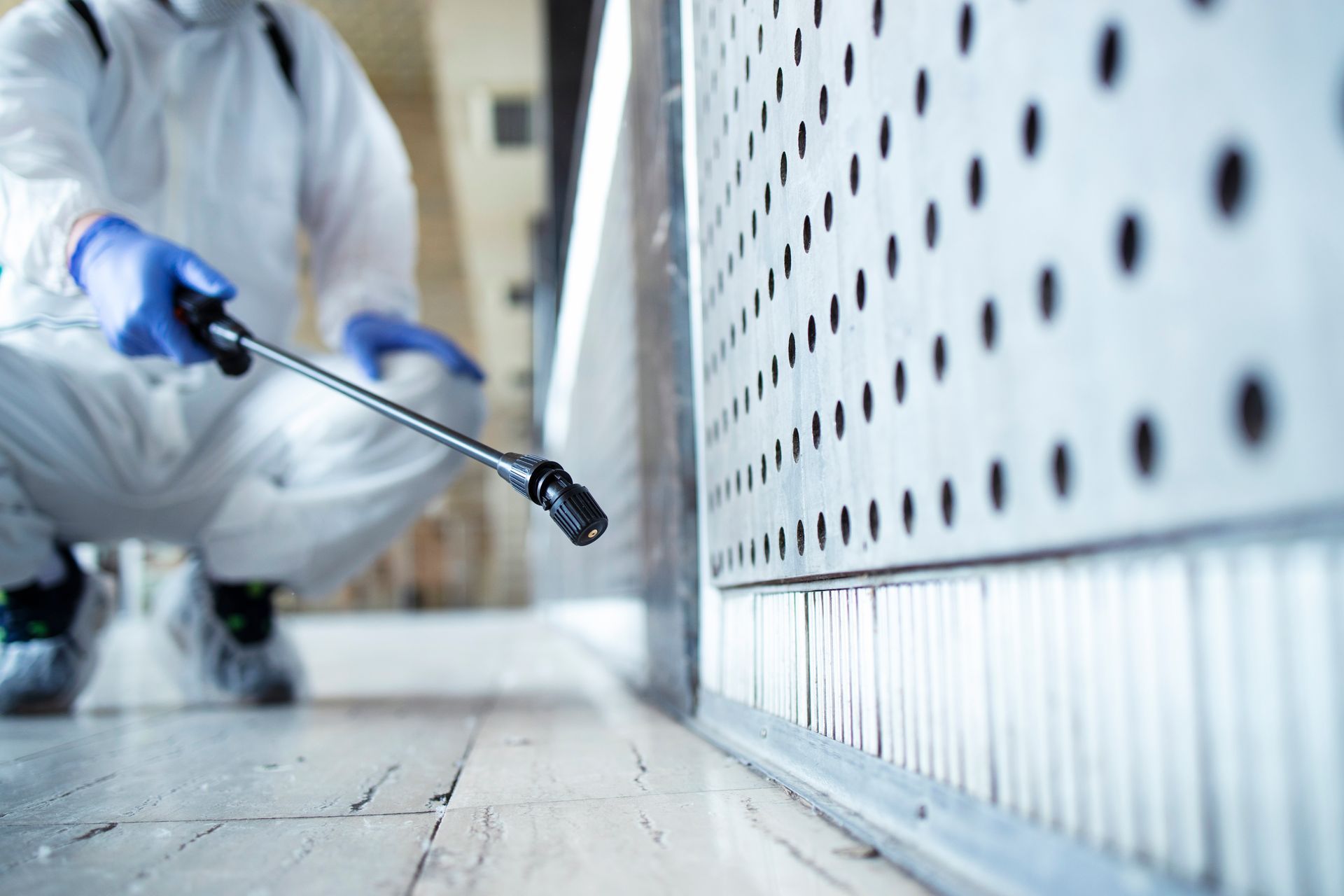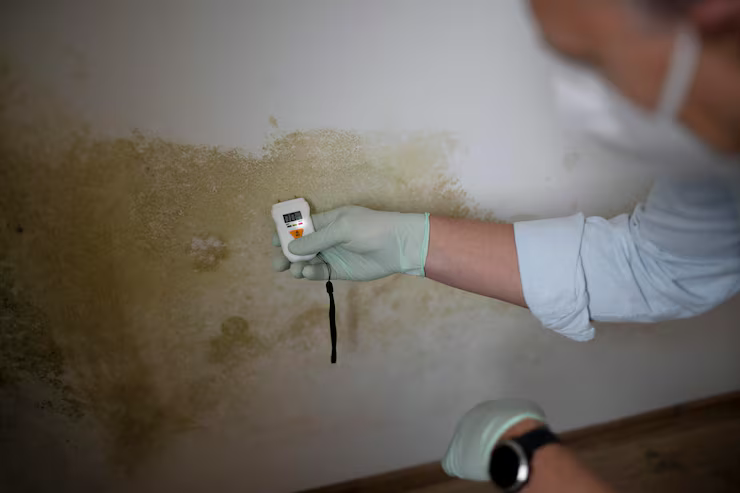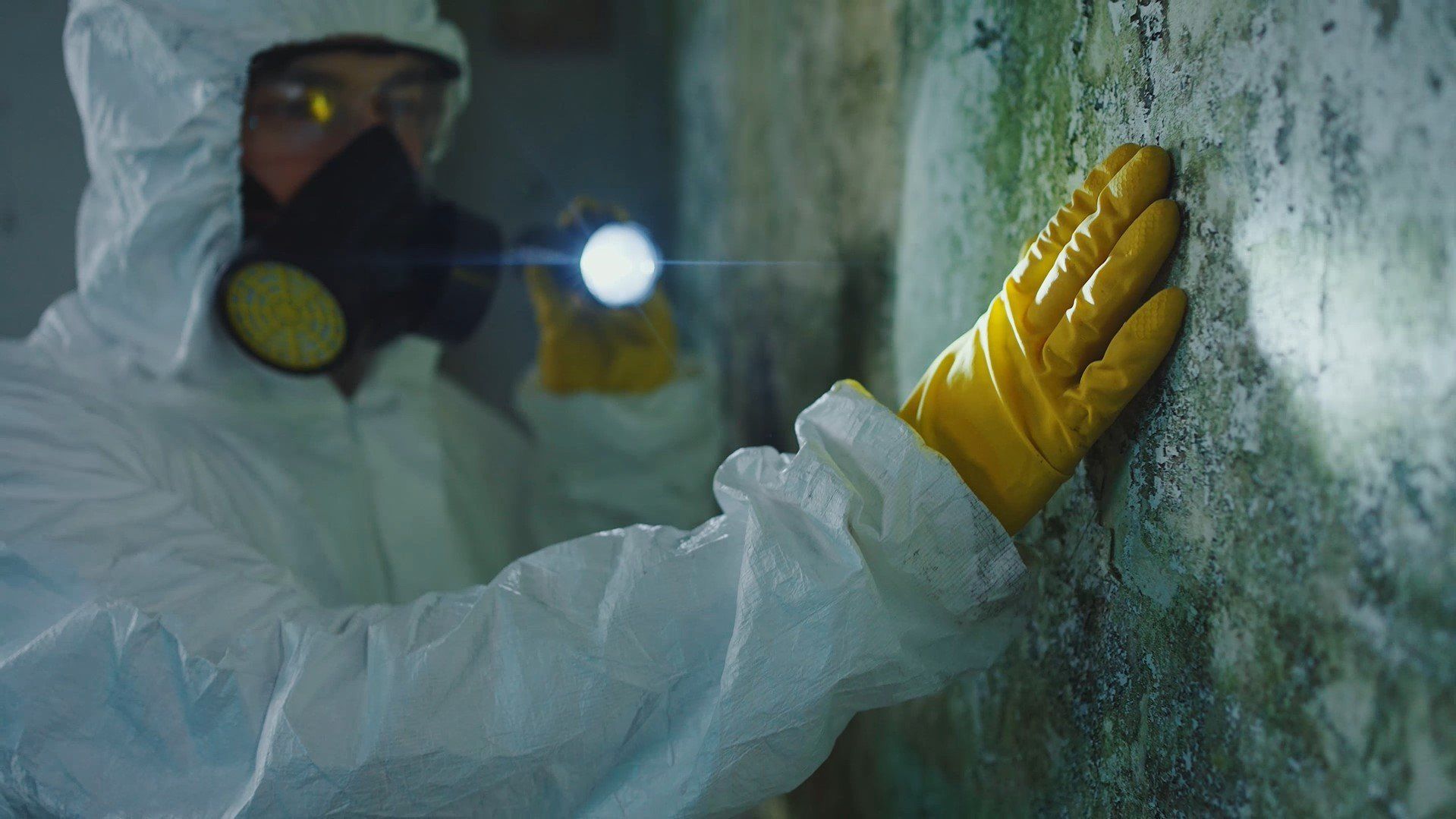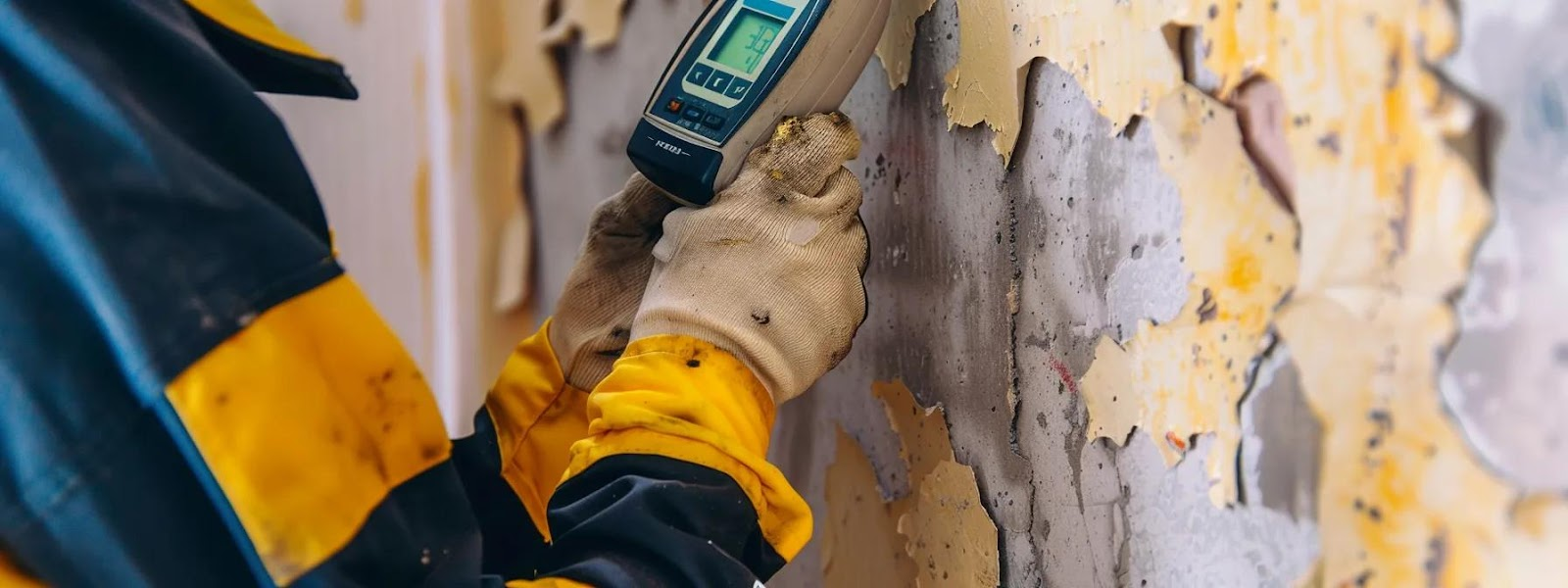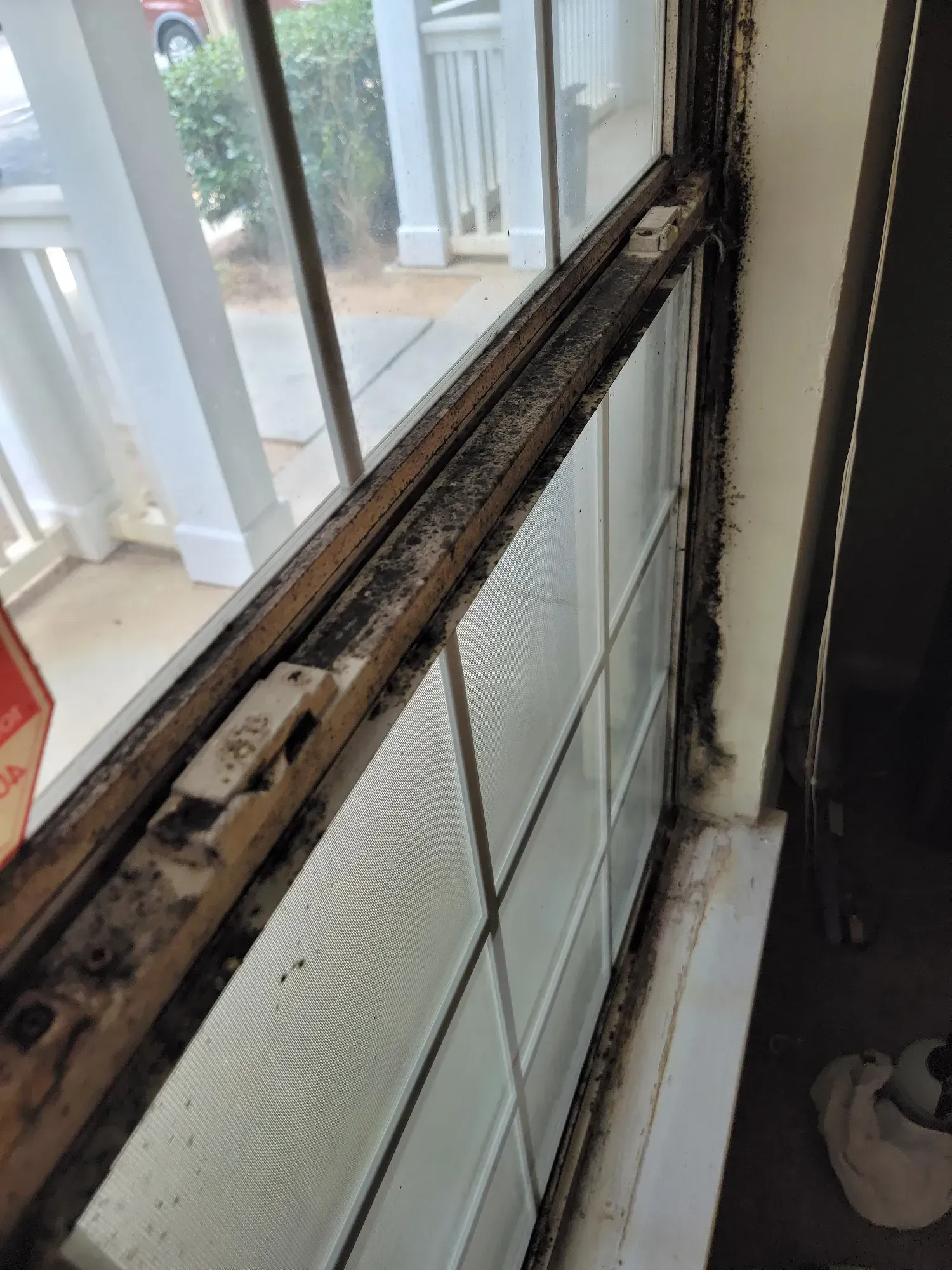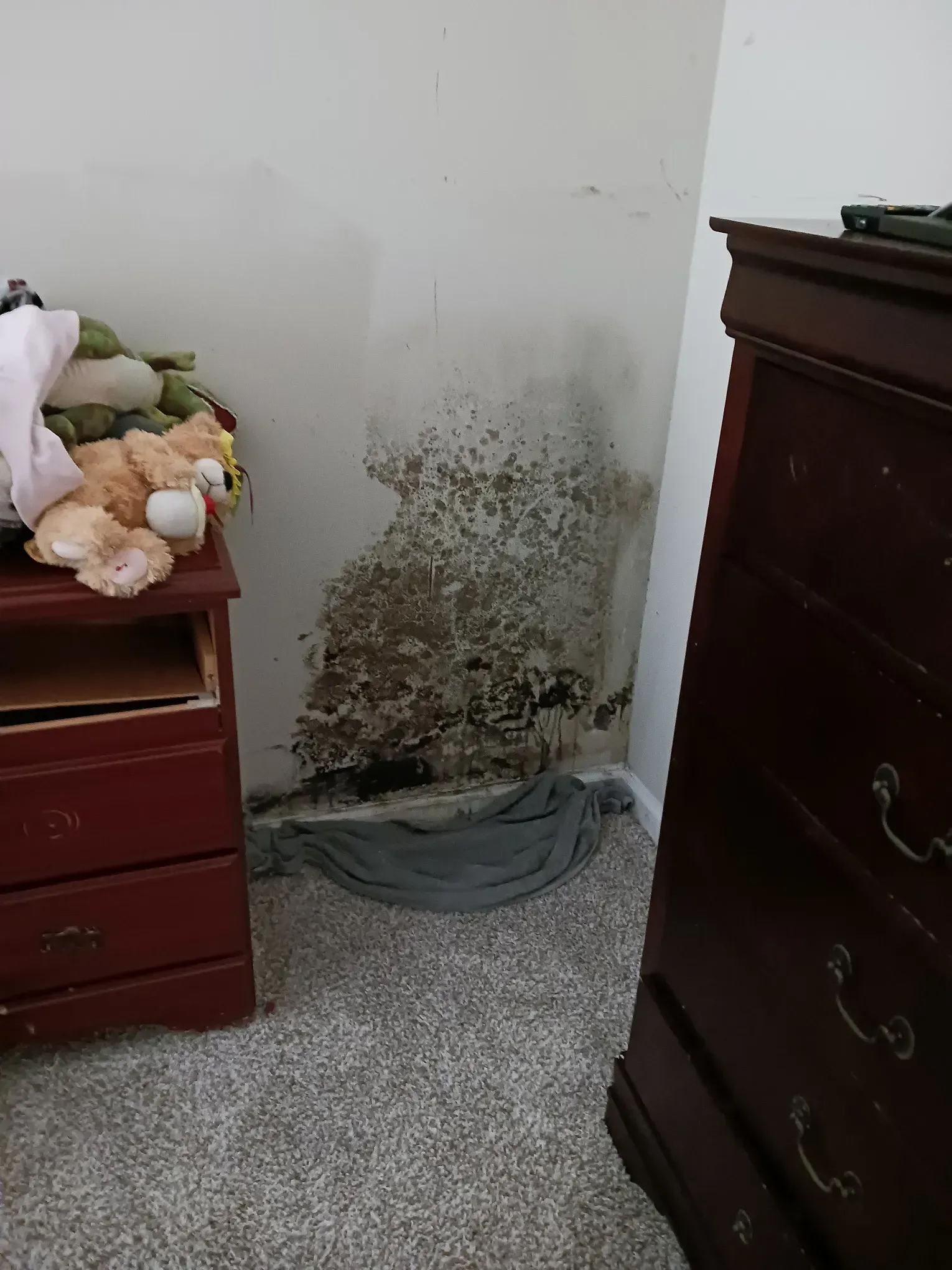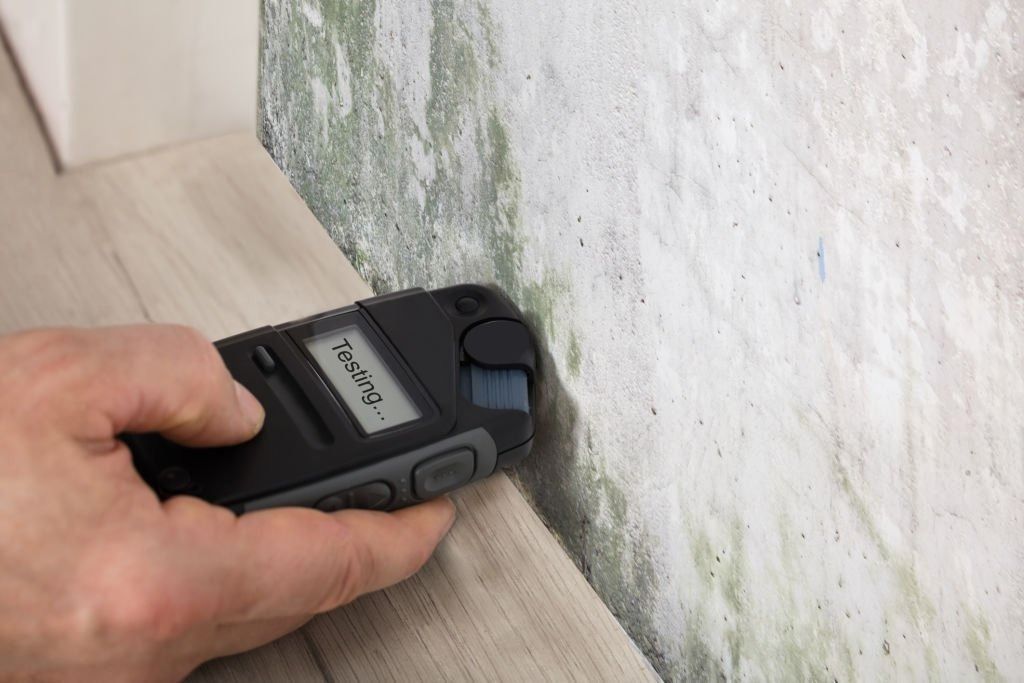How to Choose a Mold Testing Professional You Can Actually Trust
You don’t need a science degree to protect your home from hidden mold.
But you do need the right help.
If you’ve started searching for mold testing, chances are you’ve already noticed something strange. Maybe there’s a musty smell in your basement. Maybe you or your kids have been sneezing more lately, or maybe you just want peace of mind before selling your home. The problem is, there are a lot of so-called “experts” out there.
This blog will show you exactly how to choose a mold testing professional you can actually trust.
Mold testing is not just about checking if mold exists. It’s about knowing what kind it is, where it’s coming from, and whether it’s hurting your home or your health.
Mold doesn’t usually scream for attention. It creeps. It hides behind walls, under floors, inside air ducts. Some mold types are mild. Others are toxic. Good testing tells the difference.
There are different types of mold tests:
- Air sampling – checks if mold spores are floating around in your air
- Surface sampling – swabs visible spots of mold to identify the type
- Bulk sampling – takes pieces of material, like drywall, to send to a lab
A true professional knows when to use which test, because mold testing isn’t just about tools. Rather, it’s about timing, technique, and common sense.
The right test at the wrong time gives you the wrong answer.
Don’t Fall for These Common Mold Testing Myths
Before we talk about hiring someone, let’s clear up a few things that confuse homeowners:
1. “If I don’t see mold, there isn’t any.”
False. Mold often hides behind paint, under flooring, or inside HVAC vents. That musty smell? That could be mold’s calling card.
2. “DIY kits are just as good.”
Not quite. While store-bought kits can detect mold, they rarely tell you how much or what kind. And without expert guidance, you won’t know what to do with the results.
3. “All mold is bad mold.”
Surprisingly, no. Some molds are harmless. Others trigger asthma, allergies, or more serious symptoms. Testing identifies the kind that matters.
7 Clear Signs You Need Professional Mold Testing
If you notice any of these, it’s time to call someone who knows what they’re doing:
- Persistent musty odors
- Past water leaks or flooding
- Unexplained respiratory symptoms
- Visible mold on walls or ceilings
- Discoloration on drywall or baseboards
- Peeling paint or warped flooring
- Condensation on windows or ducts
Even if you’re not sure, a test can clear things up. Mold doesn't always show up where you'd expect.
The Red Flags of a Mold Testing Scam
Not all mold testers play fair. Some rely on scare tactics. Others exaggerate the results to sell you expensive repairs. Here's how to spot the bad ones:
- They don’t send samples to a lab
- They try to sell you mold removal on the spot
- They won’t explain what the test includes
- They avoid questions or use vague terms
- They lack
certification from a recognized body
Good mold testers diagnose. They don’t double as the treatment crew — unless they’re transparent and follow ethical testing and remediation standards. At
Peachtree Mitigation, we provide both
mold testing and
mold remediation, but we maintain a clear separation between testing and treatment decisions to protect your trust.
According to the
AIHA (American Industrial Hygiene Association), testing and remediation can be done by the same company only when
ethical safeguards are in place to avoid conflicts of interest.
5 Things to Look for in a Trustworthy Mold Testing Professional
Let’s get practical. Here’s what to look for when choosing a mold inspector in your area:
1. Proper Certification
Make sure they’re certified by organizations like:
- NORMI (National Organization of Remediators and Mold Inspectors)
- ACAC (American Council for Accredited Certification)
- IICRC (Institute of Inspection Cleaning and Restoration Certification)
Certification means they’ve passed exams and know how to follow testing protocols.
Peachtree Mitigation is certified by the
IICRC. Owner Joe Preston personally holds both the
AMRT (Applied Microbial Remediation Technician) and
WRT (Water Damage Restoration Technician) certifications.
These credentials reflect the highest level of professional standards in mold detection and treatment.
2. Clear Inspection Process
Ask: What kind of test will you run? Will you take samples? Where?
They should give you a clear answer, not a script.
3. Lab Analysis
Your samples should go to an
independent lab for analysis. If they try to interpret results on the spot without a lab report, be cautious.
4. Detailed Report
The report should include:
- Mold types detected
- Spore counts (for air tests)
- Source of the problem
- Recommendations for next steps
Look for more than one page and more than one sentence.
5. No Pushy Sales Pitches
Mold testers should inspect and inform, not pressure you to buy a “special deal” on the spot. If they test and remediate, they should be transparent about the separation between services.
Questions You Should Always Ask Before Hiring
Treat your first phone call like a job interview. Ask questions like:
- How long have you been doing mold testing in Duluth?
- Are you certified? By whom?
- Do you test and remediate, or just test?
- What kind of tests do you perform?
- Do you send samples to a third-party lab?
- What’s included in the report?
Take notes. Real pros won’t get defensive. They’ll be happy to explain.
What Happens During a Mold Testing Appointment?
Here’s what you can expect:
- Walkthrough: They’ll look at moisture-prone areas — basements, bathrooms, kitchens, HVAC systems, crawlspaces.
- Testing setup: They’ll place air samplers or swab surfaces if needed.
- Lab submission: They’ll label and ship the samples to an accredited lab.
- Report delivery: You’ll get a report within a few business days.
Next steps: They’ll explain what the report means, and whether remediation is needed.
What to Do After the Results Come In
If the test shows normal mold levels, that’s great news. You can relax for now.
If elevated mold is found, your next steps might include:
- Finding the moisture source
- Planning remediation
- Improving ventilation
- Scheduling
post-remediation testing if needed
Don’t panic. Think of your test like a mold map. It shows where to fix, and what to leave alone.
Need help understanding your results? Peachtree Mitigation can help interpret your mold report and provide both testing and
mold remediation services under one roof, handled ethically and clearly.
Why Georgia Homeowners Trust Peachtree Mitigation
At Peachtree Mitigation, we know how stressful mold can feel. Especially if it’s in your child’s room, behind your walls, or lingering in the air where you sleep.
Our mold testing team:
- Uses lab-backed testing methods
- Offers honest results, no sales pressure
- Gives you a real plan, not a scare tactic
- Can follow through with mold remediation if needed
- Serves Duluth and surrounding areas with 24/7 support
- Is certified by IICRC with AMRT and WRT licensed professionals
Want to learn more about the early signs of mold in your home?
Read our guide on what to look for before it becomes a bigger problem.
Conclusion
If you’re ready to schedule mold testing, or just want to talk through your concerns with someone who knows the air you breathe, Peachtree Mitigation is here.

